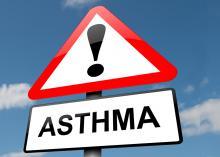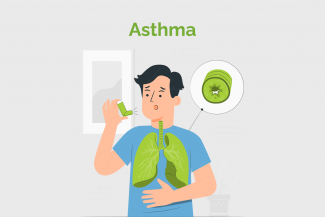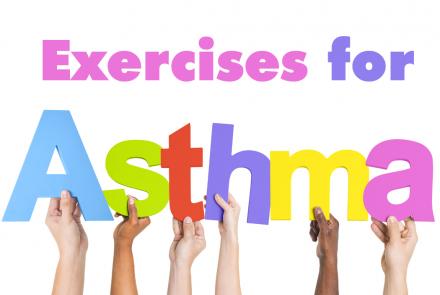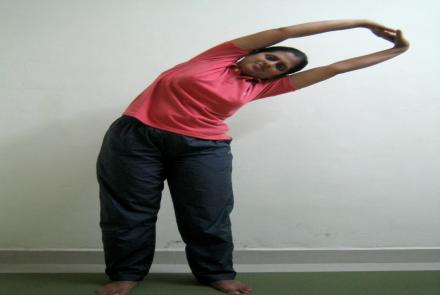
There are different aspects to management of asthma
Treatment: http://www.patientsengage.com/conditions/asthma/treatments
Food and nutrition
There’s no special asthma diet. Avoid foods that exacerbate asthma symptoms. Some research suggests the following may help. You can discuss it with your doctor:
- Diets higher in vitamins C and E, beta-carotene, flavonoids, magnesium, selenium, and omega-3 fatty acids may help asthma. Many of these substances are antioxidants, which protect cells from damage. Asthma damages cells in the airways. The damaged cell allows allergens/foreign particals to penetrate more deeply into the cell layer, causing further damage to the cell.
- Nutrient-rich diets boost the immune system and help ward off colds and flu, both common asthma triggers.
- Organically grown fruits and vegetables have powerful anti-oxidant nutrients that protect from the harmful effects of pollution.
- Cold water fish including cod, salmon, mackerel, herring and halibut are sources of omega-3 fatty acid, which help reduce inflammation in the lungs.
- Extra virgin olive oil has anti inflammatory action, hence reducing asthma symptoms.
- Flax seeds are believed to block pro-inflammatory chemicals.
- Rosemary, ginger and turmeric have anti inflammatory and antioxidant activity.
- Eliminate milk and other dairy products that have been most commonly cited as increasing the severity of asthmatic symptoms.
Exercise regimen
It is important to have a healthy lifestyle and that includes exercise. If your asthma is stopping you from exercising, talk to your doctor about the best way to modify your exercise programme. Some of the recommended exercises for asthma sufferers include the following:
- Swimming : is a good excercise as the air around the pool is warm and moist and less likely to trigger the asthma.
- Martial arts: You play indoors for shorter periods and it keeps you toned. It also helps develop immunity.
- Yoga: Relaxes the mid and tones the body. The breathing exercises also increase lung capacity.
- Walking
- Jogging or running: Ideally, this should be done when the weather is warm or on a treadmill. Pace yourself though.
- Weight training: This is a good way to build strength, improve muscle tone, and lose weight. Start with simple workouts with 5-pound dumbbells.
Be aware that exercise may trigger your asthma. Speak to your doctor about the exercise that is best for you.
Take charge: your action plan
- Take your medicines
- Avoid asthma triggers
- Take the right precautions before exercising and know your limits
- Track your level of asthma control
- Respond immediately to worsening symptoms
- Seek prompt emergency care when needed
- Always carry your daily asthma medication and quick-rescue medication with you.
- Carry the emergency doctor’s number with you
Know your support team: Who can help you stay healthy
- General physician
- A nurse educator or asthma educator
- An allergist














